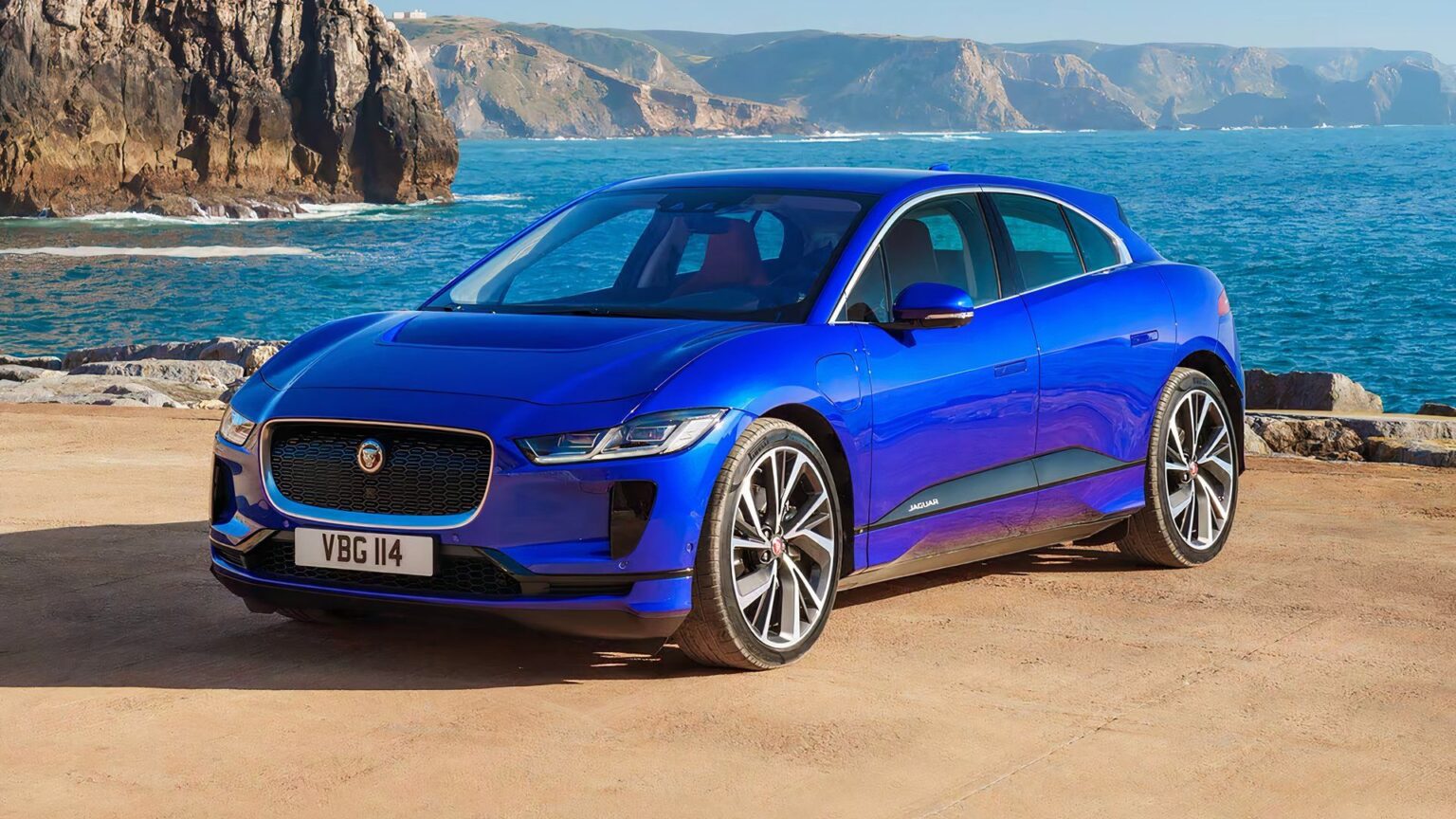New cars are not great investments, from a strictly financial perspective. Cars depreciate when a new owner leaves the lot and continue to do so the longer they are owned and used. That depreciation story, however, is far from a uniform one. Certain brands and vehicles perform better or worse than others at holding value. And specific vehicle segments can be remarkably immune from or prone to depreciation.
The website iSeeCars released a new five-year depreciation study for 2025. And the picture was not great for used electric vehicles.
Key Takeaways
- A study showed EVs showed the highest average five-year depreciation of any vehicle segment
- EV depreciation was more than 18 percent higher than hybrids.
- The Jaguar I-Pace depreciated the most of any vehicle in the study.
- The data may be influenced by Tesla-specific factors.
- Depreciation also means used EVs can be a great deal.
Electric Vehicles Depreciate More Than Any Other Segment
The study found that electric cars depreciate by an average of 58.8 percent over five years. That’s 13.2 percent higher than the industry-wide average of 45.6 percent and much higher than hybrid vehicles, which only depreciated by 40.7 percent. Electric cars were nearly 10 percent higher than the next highest depreciating segment, SUVs, at 48.9 percent.
EV depreciation is dramatically higher than in 2023, 49.1 percent on average. However, depreciation in every segment has increased since the last study in 2023, when used car prices reached a crescendo due to pandemic-related supply chain issues.
Certain EVs Depreciated Very Heavily Over 5 Years
The Jaguar I-Pace (72.2 percent) suffered the greatest depreciation of any individual vehicle in the iSeeCars study. The Tesla Model S (65.2 percent), Nissan Leaf (64.1 percent), and Tesla Model X (63.4 percent) were each among the top 10 vehicles with the most depreciation. Only two EVs, the Tesla Model 3 (55.9 percent) and Hyundai Kona Electric (58.0 percent), suffered depreciation under the EV average of 58.8 percent.
TopSpeed’s Take
Used EVs seem to be depreciating faster than combustion vehicles. But the data here may be too incomplete to read too much into this. The new EV market is much different now than five years ago. Manufacturers offer a much wider variety of EVs. Electric vehicles have grown more capable and more affordable over that span.
The EV story of five years ago was very much a Tesla story. The brand claimed nearly 80 percent of the American EV market share in 2020. So, the iSeeCars data may reflect some Tesla-specific factors that have affected the price of used Teslas. Hertz has been offloading thousands of cheap used Teslas, deflating the rest of the market. Tesla also has been lowering the prices of its new vehicles, driving down the price that used ones can fetch.
Also, note that depreciation is not bad for buyers looking for an EV deal. While it never caught on with buyers, the Jaguar I-Pace is a solid and stylish EV by most accounts. Used I-Paces are out there for less than $25,000, making them eligible for a used clean vehicle tax credit.
Read the full article here


